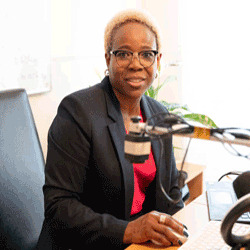KS4 English Language
The Key Stage 4 (KS4) English Language Curriculum in the UK is designed for students aged 14 to 16 (typically Years 10 and 11). This stage prepares students for the General Certificate of Secondary Education (GCSE) exams. The curriculum focuses …
Overview
The Key Stage 4 (KS4) English Language Curriculum in the UK is designed for students aged 14 to 16 (typically Years 10 and 11). This stage prepares students for the General Certificate of Secondary Education (GCSE) exams. The curriculum focuses on enhancing reading, writing, speaking, and listening skills with an emphasis on critical analysis and effective communication. Here is an overview of the main components of the KS4 English Language Curriculum:
Reading
- Fiction and Non-Fiction: Students read a range of fiction and non-fiction texts from the 19th, 20th, and 21st centuries, including literature, literary non-fiction, and other writing such as reviews, articles, and essays.
- Text Analysis: Emphasis on analysing writers’ use of language, structure, and form to create meanings and effects. Students learn to identify themes, tone, and viewpoint.
- Comparative Skills: Students compare texts, exploring how different authors convey similar themes or how they contrast in style and approach.
- Critical Thinking: Encourages critical evaluation of texts, considering context, purpose, and audience. Students learn to justify their interpretations with evidence.
Writing
- Creative Writing: Students write creatively, developing narratives, descriptions, and imaginative pieces. They practice techniques to engage the reader, such as character development, setting, and plot structure.
- Transactional Writing: Focus on writing for specific purposes and audiences, including letters, articles, reports, speeches, and essays. Students learn to adapt their style and tone accordingly.
- Technical Accuracy: Emphasis on correct grammar, punctuation, spelling, and sentence structure. Students refine their use of complex vocabulary and varied sentence forms.
- Planning and Editing: Students are taught to plan, draft, revise, and proofread their work, enhancing coherence and cohesion in their writing.
Speaking and Listening
- Oral Communication: Students engage in formal and informal speaking activities, including presentations, debates, and group discussions. They develop skills in articulating their ideas clearly and confidently.
- Listening Skills: Emphasis on active listening, understanding, and responding to others’ viewpoints. Students practice summarizing information and asking relevant questions.
- Drama and Performance: Activities that involve drama and role-play to enhance speaking skills. Students explore voice, intonation, and body language in different contexts.
Assessment
- Formative Assessment: Ongoing assessments through classwork, homework, and teacher feedback. Regular assessments help to monitor progress and address areas for improvement.
- Summative Assessment: GCSE exams at the end of Year 11. The assessment typically includes:
- Paper 1: Explorations in Creative Reading and Writing: Tests students’ abilities to read and analyse a fiction text and produce a piece of creative writing.
- Paper 2: Writers’ Viewpoints and Perspectives: Assesses students’ skills in reading and comparing non-fiction texts and writing to present a viewpoint.
- Spoken Language Endorsement: Separate assessment of speaking and listening skills, including a formal presentation and response to questions.
Key Themes and Topics
- Literary Analysis: In-depth study of selected texts, focusing on language, structure, and meaning.
- Cultural Contexts: Exploration of texts from diverse cultures and historical periods to understand different perspectives and contexts.
- Real-World Issues: Engagement with contemporary issues through reading and writing about topics relevant to modern society.
Additional Components
- Cross-Curricular Links: Encouragement to apply English language skills in other subjects, enhancing overall academic performance.
- ICT Skills: Integration of digital tools for research, writing, and presentation, promoting digital literacy.
This curriculum aims to develop proficient and confident communicators, critical thinkers, and lifelong readers and writers. It prepares students for further education and employment by equipping them with essential language skills.






